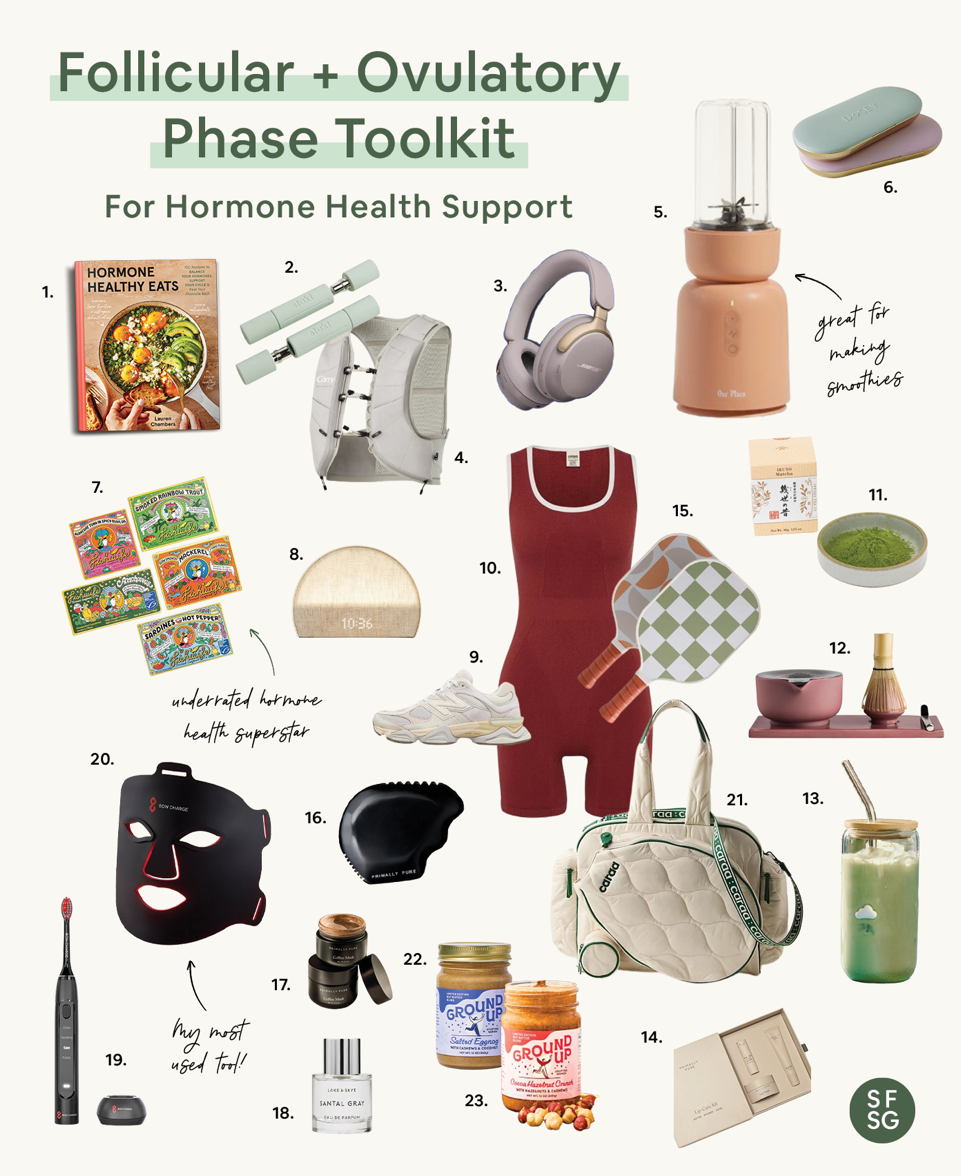recipes
lifestyle
wellness
motherhood
mindset
About
E-Books
Blog
Freebies
partnerships
hi, i'm lauren!
hey there!
I’m on a hot mission to help you balance your hormones & live your best life.
categories
Home
Quiz
Get In Touch
The Course
search:
Cookbook
Recipe key
GF
VG
P
Vegan
Gluten Free
Paleo
DF
Dairy-Free
download now
Join Hormone Healthy Eats!
Become a SFNSG insider to get my monthly Substack, Hormone Healthy Eats! Packed with the latest hormone-healthy recipes
+ tips.
jump to recipe >
As a hormone health practitioner and mother of two small girls (three years and 11 months old) I’ve delved within the sphere of postpartum anxiety both professionally and personally.
Truly, becoming a mother can be one of the most special, beautiful experiences, but also incredibly challenging, stressful and depleting, both physically and emotionally.
These hormonal and environmental changes (especially with the lack of quality maternal care and postpartum support) can have a huge impact on mother’s mental health, leading to postpartum mood disorders, anxiety and depression.
If you or a mother you know is struggling, I encourage you to read this post for postpartum anxiety treatment and coping options, take the free postpartum anxiety quiz, and above all seek help if needed. Suffering should NEVER be normalized, and you are worthy of support, love and healing.
Wondering if you have postpartum anxiety? Take this free quiz to investigate your symptoms.
WHAT IS POSTPARTUM ANXIETY?
Postpartum anxiety is a description of all anxiety disorders that can occur postpartum (generalized anxiety disorder, panic disorder, obsessive compulsive disorder, etc.) It’s similar to regular anxiety but typically involves an irrational fear or exaggerated, near constant worry that something is wrong with the baby or your parenting.
While it’s normal to worry as a new mother, postpartum anxiety tends to be extreme and persistent, often involving concerns that aren’t typically based on any real problem or threat.
About 10 to 15% of new moms suffer from postpartum anxiety, and about half of new mothers who have postpartum depression will also experience postpartum anxiety.
SYMPTOMS OF POSTPARTUM ANXIETY
Mental/Emotional Postpartum Anxiety Symptoms Include:
- + Racing Thoughts
- + Near Constant Worry About Baby’s Health, Development Or Safety
- + Feelings of Dread or Danger
- + Sleep Disruption/Difficulty Falling or Staying Asleep
- + Inability to Rest/Relax
- + Feeling Agitated/On Edge
- + Feeling Overwhelmed About the Ability to “Be A Good Mother”
- + Near Constant State of Stress, Overwhelm or Guilt
Physical Postpartum Anxiety Symptoms Include:
- + Fatigue
- + Hyperventilation
- + Sweating
- + Chills
- + Heart Palpitations/Increased Heart Rate
- + Tightness in Chest
- + Shakiness or Trembling
- + Panic Attacks
- + Nausea or Vomiting
- + Loss of Appetite
RISK FACTORS FOR POSTPARTUM ANXIETY
The most common risk factor regarding postpartum anxiety is a history of anxiety or mood disorders before or during your pregnancy. Also the overlap between anxiety and depression is over 50%, so it’s more likely if you’re experiencing postpartum depression you may also be dealing with some anxiety, and vice versa.
COMMON CAUSES OF POSTPARTUM ANXIETY
While there isn’t just “one thing” that causes a mother to develop postpartum anxiety, there are several factors that can increase the likelihood of of experiencing it, including:
- + Hormonal shifts after giving birth, especially if experiencing hormonal issues like low thyroid, estrogen dominance, low progesterone, etc.
- + The cultural and societal pressures placed upon new moms
- + A previous history of anxiety, depression or other mood disorders
- + Sleep deprivation
- + Stress around nursing or feeding the baby
- + The overwhelm that comes with caring for a new baby
- + A shift in relationship dynamics with your partner or spouse
- + Pregnancy or birth complications
- + Baby health issues
- + Prior miscarriage or stillbirth
- + Lacking access to help, maternal care or postpartum resources
- + An additional financial strain/burden
POSTPARTUM ANXIETY QUIZ
Take this free postpartum anxiety quiz to help you determine whether or not you might be experiencing symptoms, and if so what to do about it!
POSTPARTUM ANXIETY TREATMENT + COPING OPTIONS
These postpartum anxiety treatment and coping options are natural and effective methods you can use in tandem to help you balance hormones, boost your mood and recover from mild cases of postpartum anxiety and/or mood disorders. For more severe cases you may need to seek out help of a licensed therapist or medical practitioner who can accurately diagnose you and offer you medication options to assist in your treatment regimen.
1. Talk Therapy
For more mild cases of postpartum anxiety, many mothers may be fully treated by engaging in talk therapy. There are many different kinds of psychotherapies, and they can be done individually or in a group setting. I encourage you to seek out someone who specializes in maternal mental health, postpartum health, and/or anxiety and mood disorders.
2. Seek Support
As a mother in today’s society, I know firsthand how difficult it can be to ask for help (I tend to want to be able to “do it all” and end up feeling resentful and burned out as a consequence). But being able to communicate our needs and seek out support from our partners, friends, family and community is paramount during this time (as much as you want them to be mind readers, they’re not). Try sharing what you’re going through with those closest to you and coming up with a game plan of how they can support you during this time (i.e. watching the baby so you can take a nap, cooking meals or helping with housework, researching therapy options or childcare options, etc.)
3. Get Outside Daily
Numerous studies recite the benefits of spending time outside, with 20 minutes significantly reducing your stress hormone cortisol, which if elevated can lead to other hormonal imbalances and increased anxiety and mood disorders. As soon as you’ve recovered from birth and feeling up to gentle movement, try making a walk or even sitting outside somewhere a part of your daily routine. Bonus points if you schedule it in the morning, as the sunlight exposure helps set your circadian rhythm and optimize your sleep quality.
4. Practice Breath Work/Meditation
Both practices have been showing to cortisol levels within the body and are free methods you can use almost whenever you need. Specifically, meditation can help you to gain a new perspective on stressful situations and build skills, patience and resilience to help you manage that stress, while deep breathing exercises signal to your nervous system to calm down, reducing stress and anxiety in the body. I love the InsightTimer app which is free to use and offers both techniques.
5. Eat More Complex Carbohydrates
Despite the conflicting messages we receive due to diet culture, complex carbohydrates such as sweet potatoes, squash, oats, quinoa, brown rice, etc. feed the bacteria in our guts that produce GABA (our calming, anti-anxiety neurotransmitter). It also helps our brains produce our happy hormone, serotonin. After personally dealing with some postpartum anxiety and insomnia, my naturopathic doctor recommended I add in more complex carbs to up my levels and so far it’s been helping. For a list of recipes and ideas, check out this post.
6. Keep Blood Sugar Balanced
Keeping blood sugar balanced is crucial for supporting our hormones and mental health. When it becomes imbalanced, (either too high or too low, most commonly due to not eating enough, skipping meals, eating processed foods, consuming too much sugar, alcohol or caffeine, etc.) it signals the release of hormone insulin, which is tasked with moving the sugar from your blood into your cells where it can be used as energy.
Chronically elevated insulin levels drive up the production of stress hormone cortisol, which then depletes other hormones like progesterone, your calming and relaxing hormone, leading to other imbalances, increased anxiety and mood swings. As a new mom, it’s crucial you’re repleting lost nutrient stores due to pregnancy and birth and eating often and regularly (especially if nursing/pumping, which works to keep up milk supply). For more tips and healthy recipes check out this post.
7. Take A Quality Prenatal Vitamin
As mentioned above, often after giving birth we’re depleted of several key vitamins and minerals, which are the building blocks of hormonal and mental health. Common nutrient deficiencies include low iron (associated with anxiety and depressive symptoms), B vitamins (linked to anxiety and mood disorders) and vitamin D (anxiety and depression). One of the simplest and most effective ways to ensure levels remain healthy is by continuing to take a high quality prenatal vitamin for your first year postpartum. This is the brand I use and you can use this link to save $5 off your first order.
8. Hydrate Regularly
Consuming enough water is so underrated yet so instrumental to mental health, with research linking dehydration to an increased risk of both anxiety and depression. If you’re nursing, you’ll need to up your water intake even higher, as breast milk is made up of 90% water (experts recommend about 128 oz per day, or approximately four 30 liter bottles). Try purchasing a reusable water bottle and keeping it filled at an arms length throughout the day. You can also try enhancing your water with electrolytes for additional flavor, trace minerals and hydration.
9. Get Lab Work Done
Nutrient deficiencies and hormonal imbalances are incredibly common postpartum, both of which can have a negative impact on your mental health, leading to an increased risk in anxiety, depression and mood disorders. Some of the most common postpartum hormonal imbalances women experience include low progesterone (your calming and mood-elevating hormone needed to keep anxiety at bay), excess estrogen (linked to mood swings, insomnia, irritability and depression) and low thyroid function (pivotal to the creation and regulation of neurotransmitters like serotonin, your “happy hormone.”) Getting lab work done by a licensed functional medical practitioner that specializes in postpartum, maternal and hormonal health can be extremely helpful at helping you identify whether or not you have a nutrient deficiency or hormone imbalance at play that’s affecting your anxiety and mental health as a result.
**Additionally you may need to add medication into your postpartum anxiety treatment regimen and there is absolutely NO SHAME in this option. Antidepressants such as Prozac, Zoloft, Lexapro etc. can be used in tandem with the other coping options listed above and may be the quickest way to help you feel better. If you think you may need medication, it’s important that you seek out a knowledgable medical practitioner (a psychotherapist who specializes in maternal health/postpartum) to get an accurate diagnosis and prescription that meets your needs.
WHEN TO SEEK HELP FOR POSTPARTUM ANXIETY
Truly, from one mother to another, there is no wrong time to seek help (it’s actually the first step to recovery and ALWAYS encouraged around here). While so many of us are lacking access to quality postpartum and maternal care, it can be incredibly empowering to develop self-awareness around your symptoms and advocate for yourself with your doctor, spouse, healthcare, friends, community, etc.
You can take this free quiz to help you further investigate your postpartum symptoms, but above all, I encourage you to check in with yourself. Do you feel okay, really? Or are your symptoms interfering with your happiness and mental health? If so, there is NO shame in getting help in whatever way you need.
HOW TO SUPPORT MOTHERS DEALING WITH POSTPARTUM ANXIETY
If you have a friend who’s a new mother, it can be hard to know how they’re REALLY doing (most moms aren’t very forthcoming about symptoms due to shame and societal pressures to have it all together, not place burden on anyone else, etc.).
Thus one of the best things you can do is check in with them often and simply ask how they’re doing. They may or may not open up to you about struggles, but either way you can show them support through other simple acts like bringing them a home-cooked meal, running an errand for them, or ordering them some postpartum recovery essentials. These gestures go a long way in helping new moms feel supported and less alone during what can be a very isolating time.
MORE POSTPARTUM RESOURCES
+ Free Postpartum Anxiety Quiz
+ 9 Tips To Naturally Balance Hormones Postpartum
+ Postpartum Recovery Essentials
This post contains affiliate links. We may receive a small commission for purchases made through these links. Thank you for your support!
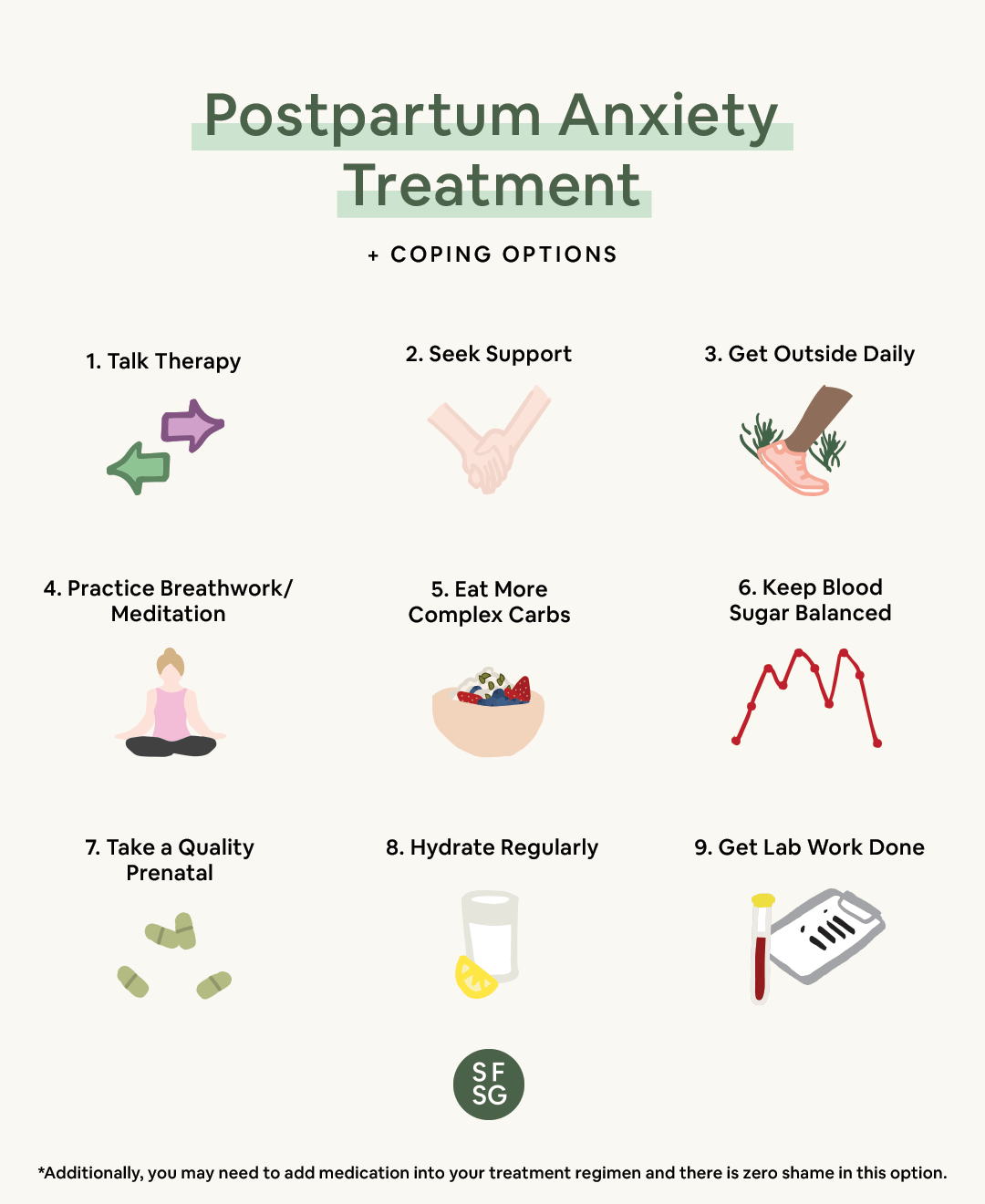
If you loved that...
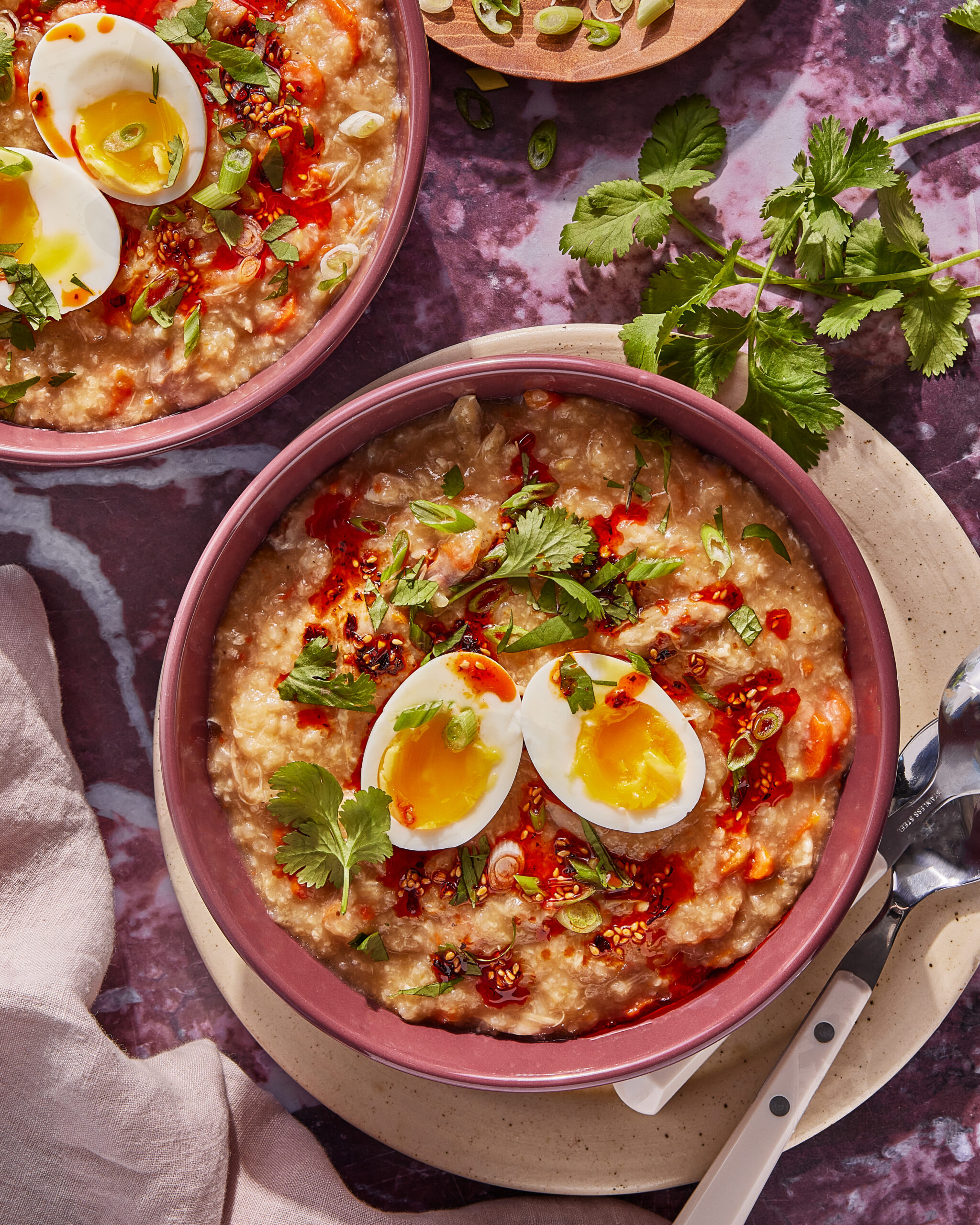
01.

02.
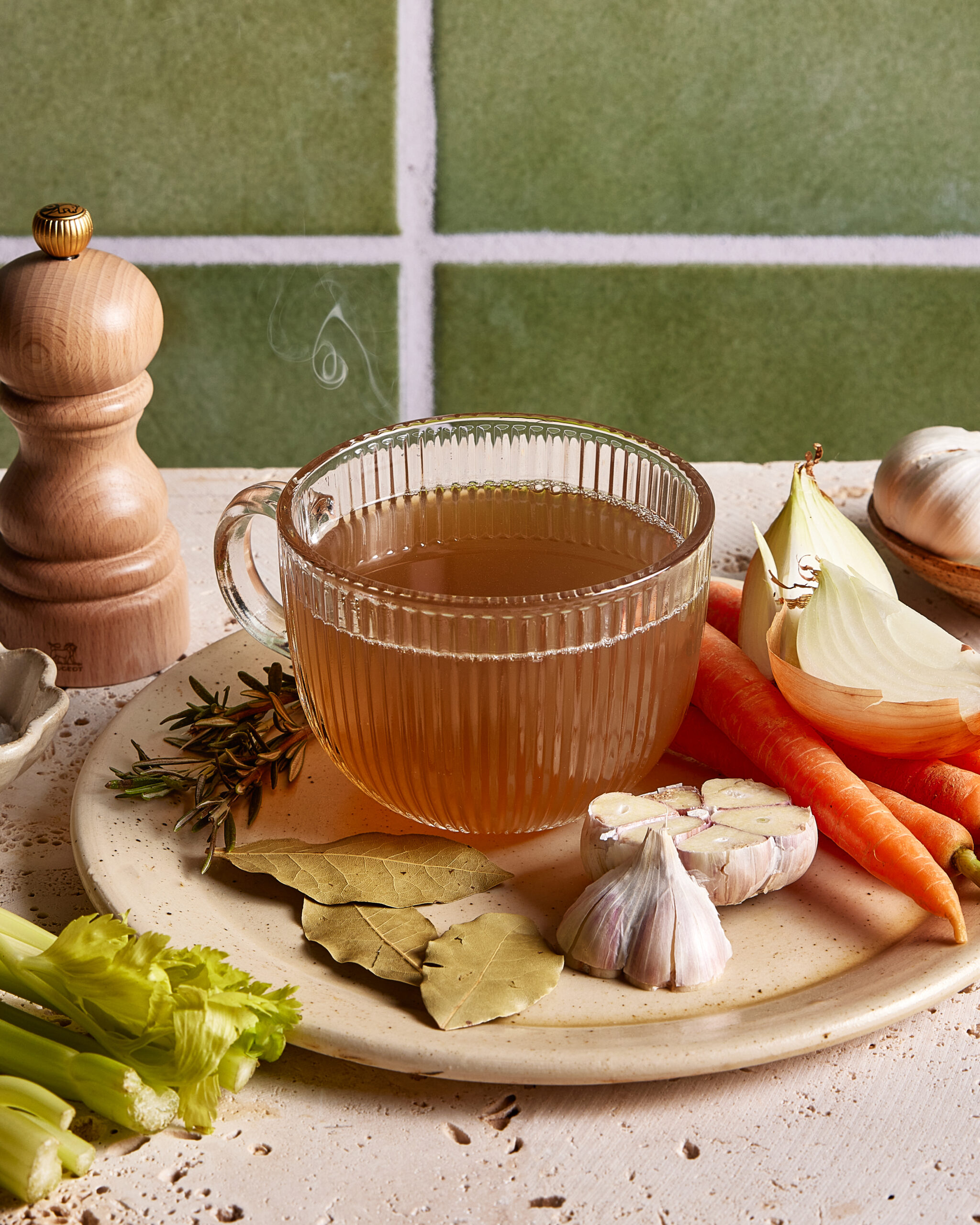
03.

04.
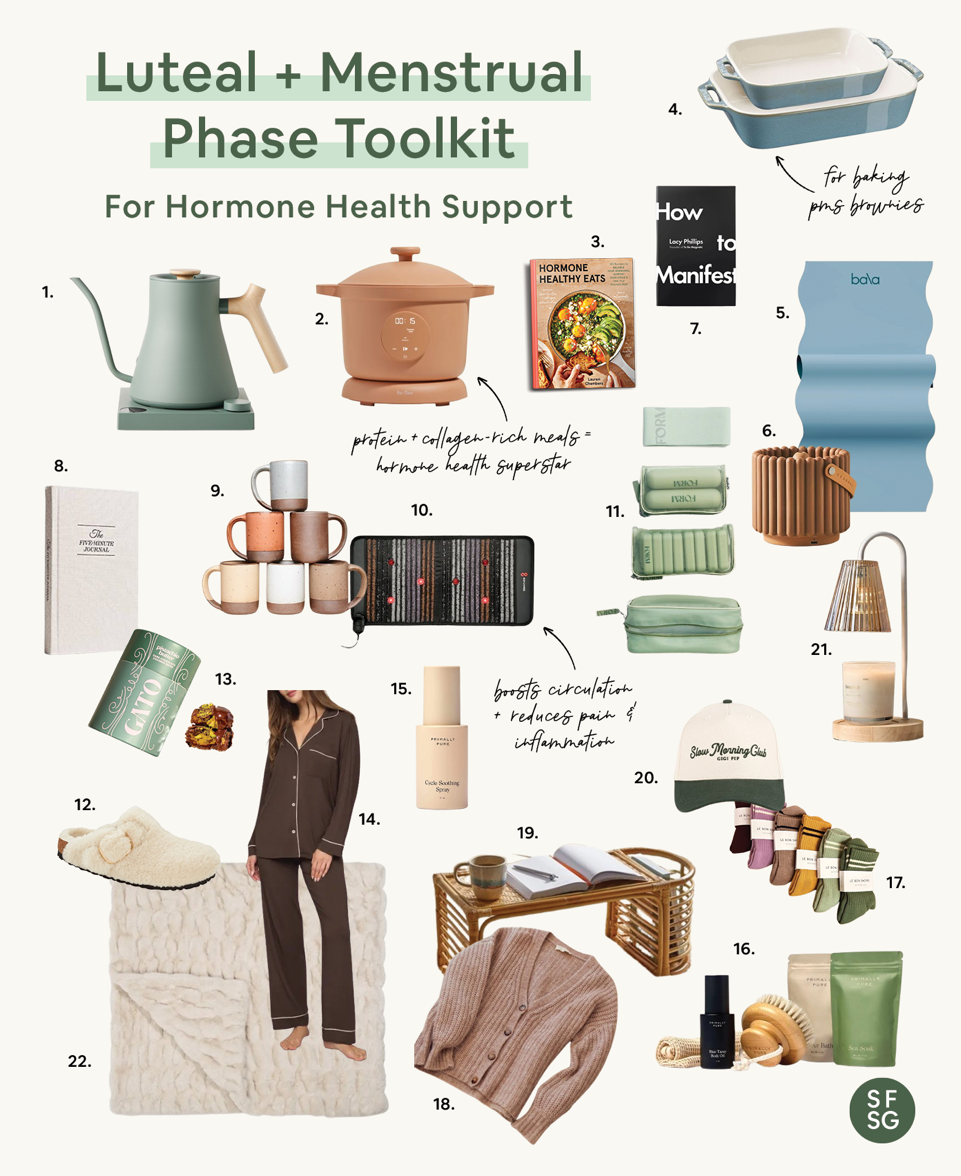
05.
hey!
Keep Browsing
Site
Keep Browsing
Site
the
about
e-books
blog
downloads
quiz
Welcome friend, I'm lauren.
I’m honored to support you on your journey to optimal hormone health + happiness. Thanks for being here babe.


